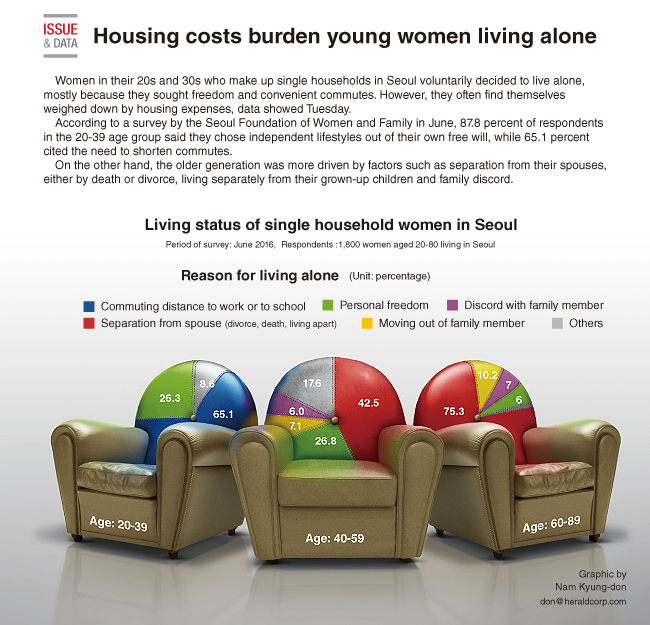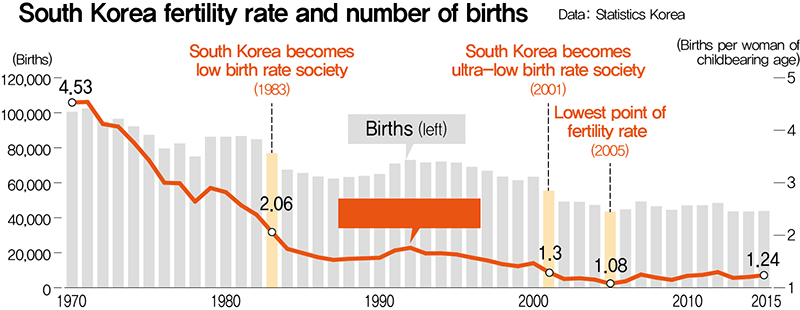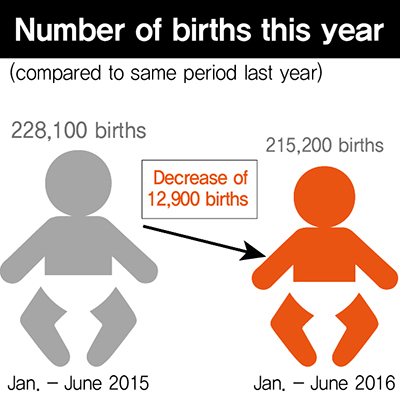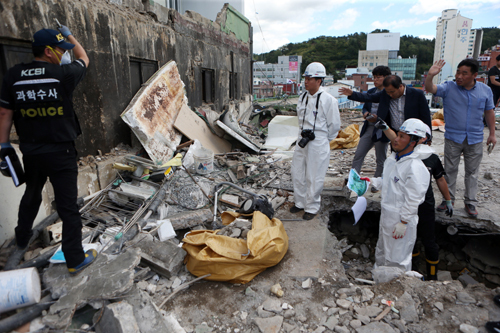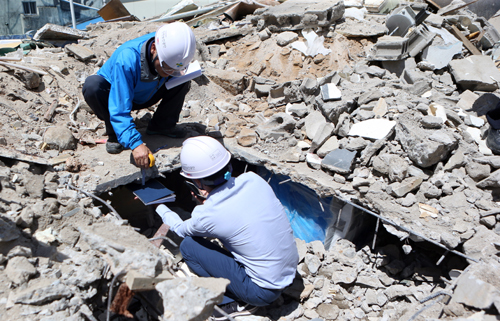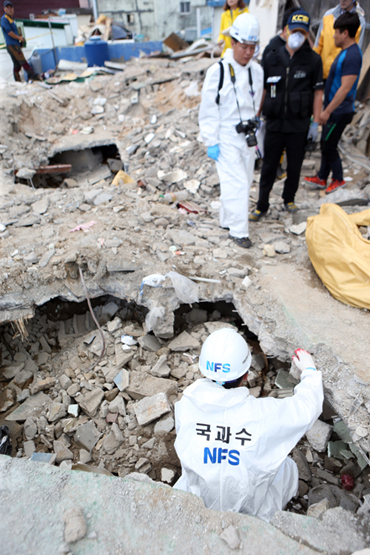South Korean authorities let Samsung withhold from sick workers and their families crucial information about the chemicals they are exposed to at its computer chip and display factories, an Associated Press investigation has found.
A worker-safety group has documented more than 200 cases of serious illnesses, including leukaemia, lupus, lymphoma and multiple sclerosis, among former Samsung semiconductor and LCD workers.
| Viewfinder – A Father’s Protest |
Seventy-six have died, most in their 20s and 30s.
It is extremely difficult for workers to get compensation for occupational diseases from the South Korean government, and without details of their exposure to toxins in their workplaces it is almost impossible.
“In a situation where people’s lives are at stake, [Samsung] brought uninformed kids from the countryside and acted like money is everything, using them as if they were disposable cups,” said Park Min-Sook, 43, a former Samsung chip worker and breast cancer survivor.
Hwang Sang-Gi, father of Hwang Yu-mi, a former Samsung factory worker who died of leukaemia aged 22, told the AP that the company once offered him 1 billion won ($914,000) in exchange for his silence.
“The idea was to deny her illness was an occupational disease and to leave me without any power to fight back,” said Hwang, who launched a movement seeking independent inspections of Samsung factories.
Since 2008, 56 workers have applied for occupational safety compensation from the government. Only 10 have won compensation, most after years of court battles. Half of the other 46 claims were rejected and half remain under review.
People who have claimed that they became ill because of work they did for other major South Korean manufacturers, including Hyundai Motor, have received help from their unions in advancing their claims. Hyundai Motor now must get union approval before introducing new chemicals into its manufacturing processes. Samsung’s workforce is not unionised.
Trade secrets over workers’ health
In at least six cases involving 10 workers, the justification for withholding information was the protection of trade secrets. Court documents and interviews with government officials, workers’ lawyers and their families show that Samsung often cites the need to guard trade secrets when it asks government officials not to release such data.
“Our fight is often against trade secrets. Any contents that may not work in Samsung’s favour were deleted as trade secrets,” said Lim Ja-woon, a lawyer who has represented 15 sick Samsung workers.
Lim’s clients have been unable to get access to full reports on facility inspections, which are produced by third parties to comply with South Korean law, but remain the property of Samsung. Only excerpts of some independent inspections can be found in some court rulings, he said.
South Korea law bars governments and public agencies from withholding corporate information needed “to protect the lives, physical safety, and health” of individuals on the grounds of trade secrets, but there are no penalties for violations. Lim said that the law on occupational disease compensation also obligates Samsung to give workers the data they need to make claims.
Government officials openly say corporate interests take priority, that evaluating trade-secrets claims is difficult, and that they fear being sued for sharing data against a company’s will.
“We have to keep secrets that belong to our clients,” said Yang Won-baek, of the Korea Occupational Safety and Health Agency, or KOSHA. “It’s about trust.”
Asked why he used the word “clients” to describe companies his government agency helps regulate, Yang said it’s probably because he treats those companies “as I treat clients”.
He said the companies KOSHA evaluates also review the agency, and the finance ministry considers those reviews when it sets agency budgets.
When asked for comment, Samsung issued a statement to the AP saying it never “intentionally” blocked workers from accessing information and that it is transparent about all chemicals it is required to disclose.
It also said there was no case where information disclosure was “illegally prevented”.
However, documents from courts and the labour ministry show that as recently as last year, Samsung asked the government not to disclose details of chemical exposure levels and other inspections – even at the request of judges for use in workers’ compensation lawsuits.
In a letter to regulators signed by the company’s chief executive, Samsung said that if factory details including “types and volumes of substances” were released for a workers’ compensation case, “it is feared that the technology gap with rivals at home and overseas would be reduced and our company’s competitiveness would be lowered. For that reason they are trade secrets that we treat strictly as secrets, we request not to disclose.”
‘Rigorous’ management
Although the company no longer omits lists of chemicals as it did in Hwang Yu-mi’s case, it has recently withheld details about exposure levels and how its chemicals are managed.
Samsung states on its website that its chemical management system is “rigorous” and “state-of-the art”. It has had “real-time, 24/7 chemical monitoring” in all facilities since 2007, the year the government began inquiries into Yu-mi’s death.
Yet Samsung began monitoring some toxic byproducts in the air only after a 2012 inspection detected benzene and formaldehyde – both known carcinogens – at its chip factories.
Baik Soo-ha, a Samsung Electronics vice president, told the AP that Samsung has redacted trade secrets in documents given to individuals only when their requests appeared not “purely” meant to determine occupational diseases.
“We have a right to protect our information from going to a third party,” he said. Baik did not elaborate on what sort of ulterior motives Samsung believes might be behind some requests.

